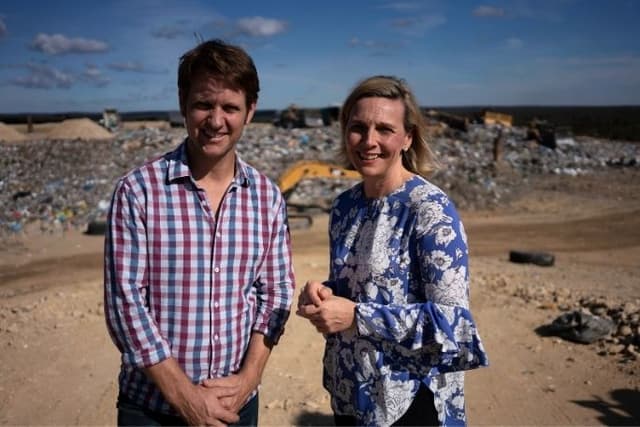
War On Waste - The News About Plastic Waste
Lesson5 of 14 in this unit
SecondaryYear 7 - 10EnglishEnvironmentalSustainabilityEconomicDesign Thinking
Summary
Lesson Guides and Printables
Lesson Plan

Student Worksheet

Teacher Content Info


Lesson Plan

Student Worksheet

Teacher Content Info
